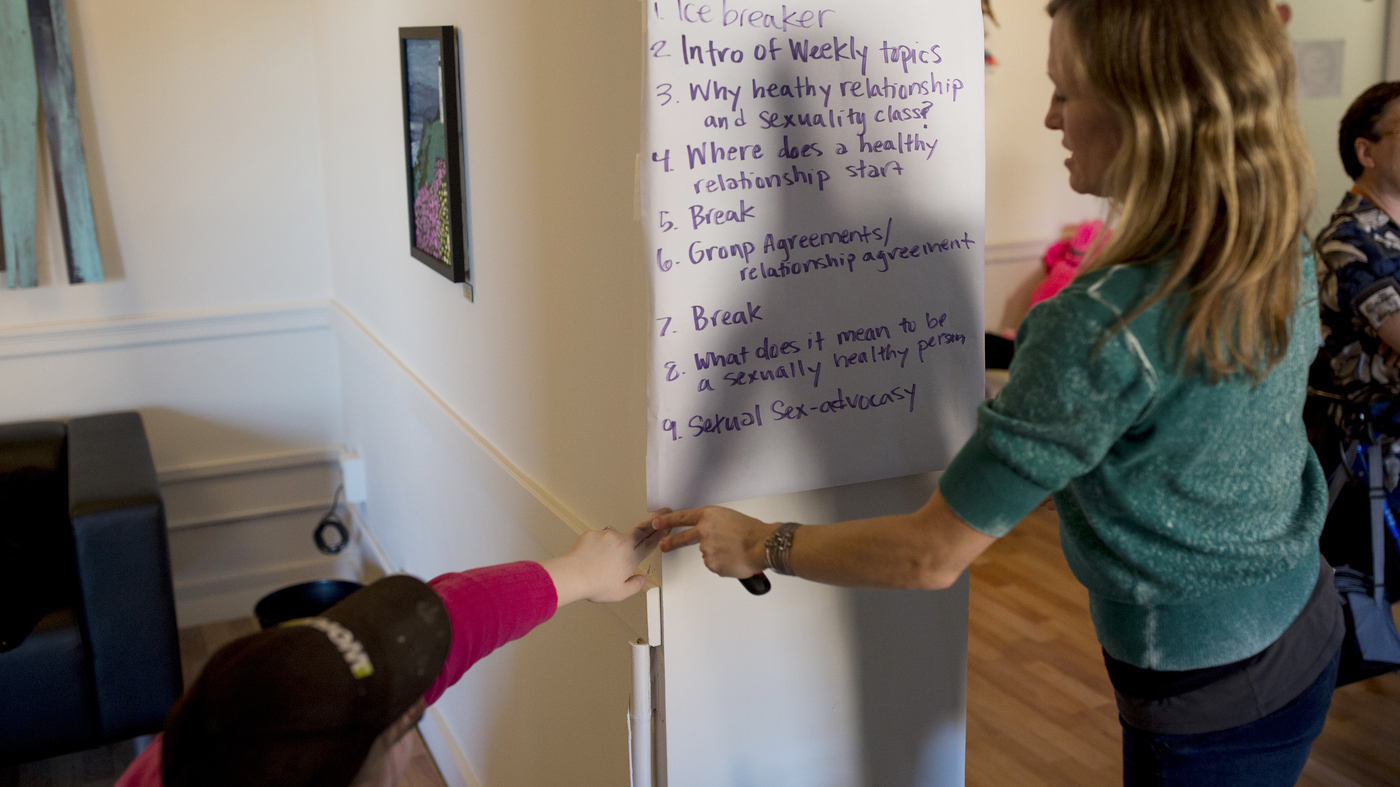Sex education before college lowers risk of sexual assault
Children should be exposed to sexuality education as a recent research found that students who receive sexuality education, including refusal skills training, before college matriculation, are at lower risk of experiencing sexual assault during college.

Washington DC: Children should be exposed to sexuality education as a recent research found that students who receive sexuality education, including refusal skills training, before college matriculation, are at lower risk of experiencing sexual assault during college.

The research published in the journal of PLOS ONE, suggests that sexuality education during high school may have a lasting and protective effect for adolescents. The study found that students who received formal education about how to say no to sex (refusal skills training) before age 18 were less likely to experience penetrative sexual assault in college.
Also Read | Healthy diet can beat symptoms of depression
Students who received refusal skills training also received other forms of sexual education, including instruction about methods of birth control and prevention of sexually transmitted diseases. Students who received abstinence-only instruction did not show significantly reduced experiences of campus sexual assault.

"We need to start sexuality education earlier. It's time for a life-course approach to sexual assault prevention, which means teaching young people - before they get to college - about healthy and unhealthy sexual relationships, how to say no to unwanted sex, and how to say yes to wanted sexual relationships," said John Santelli, lead author of the study.
Also Read | No time for adequate sleep? Meditation might help in replenishing energy
The research also found that students who were born outside of the United States and students whose mothers had lived only part of their lives or never lived in the U.S. had fewer experiences of penetrative sexual assault in college. Religious participation in high school did not prevent sexual assault overall, but a higher frequency of religious participation showed a borderline statistically significant protective association. (ANI)
 Dynamite News
Dynamite News 